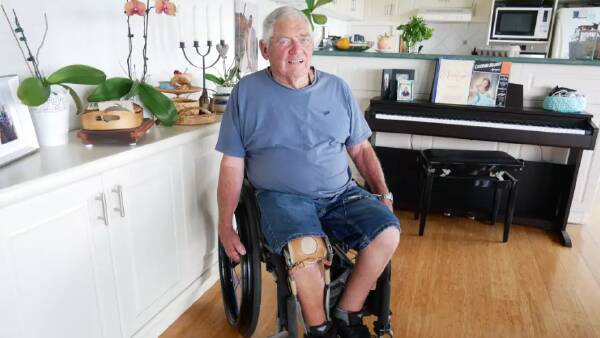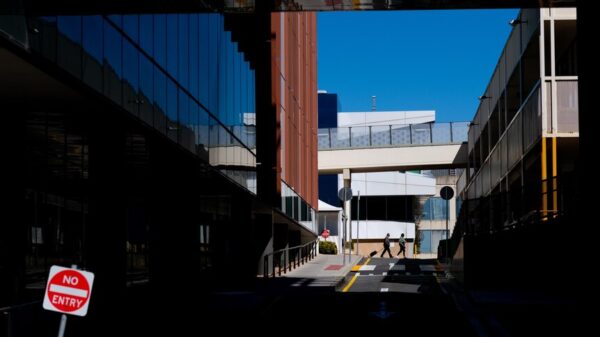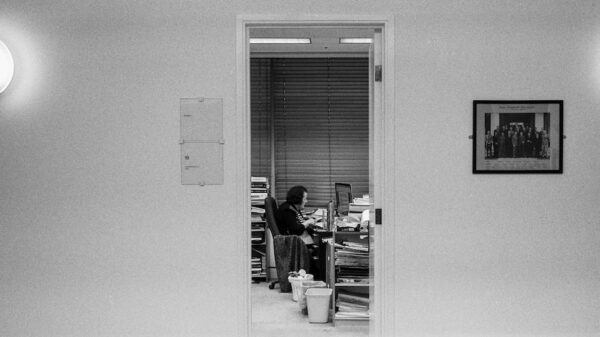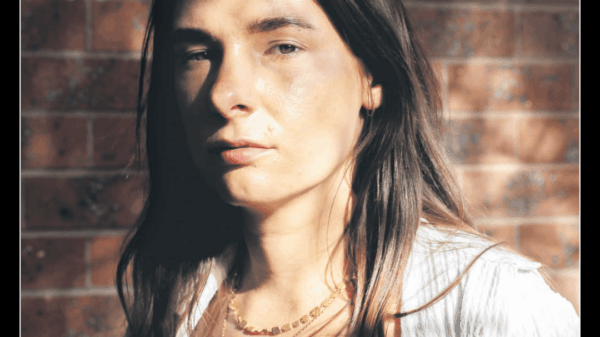BREAKING: Muslim Australians are urgently calling for government action as bomb threats and rising Islamophobia fuel fear within their communities. More than 50 recommendations to combat prejudice have been outlined in a landmark report by special envoy Aftab Malik, released alongside Prime Minister Anthony Albanese.
The report comes on the heels of alarming incidents: a bomb hoax staged at a Gold Coast mosque and a bomb threat that forced the evacuation of an Islamic school in Brisbane, impacting hundreds of students and staff. The escalating violence has left Muslims feeling increasingly vulnerable, especially against the backdrop of recent anti-migrant rallies.
According to Nora Amath, executive director of the Islamophobia Register, there has been a shocking escalation of violence and threats. “We’re seeing an escalation of intensity,” she told AAP, highlighting the unprecedented frequency of physical assaults and bomb threats. Dr. Amath added, “For the very first time, we’re seeing back-to-back incidents, which is all very concerning.”
The report reveals that Islamophobic incidents have “skyrocketed” since 2023, with a staggering 150% increase recorded by November 2024. Muslim women and girls, who account for three-quarters of all Islamophobia victims, are disproportionately affected, facing heightened risks in public spaces. Dr. Amath noted that Muslim women are often perceived as “easy targets” due to harmful stereotypes.
The Australian Palestinian Advocacy Network (APAN) criticized the government for its narrow focus on Islamophobia while neglecting the surge in anti-Palestinian racism. “The Australian government has failed by restricting its focus to Islamophobia,” said Lama Alqasem, an executive member of APAN. “This refusal itself is a form of racism because it denies Palestinians recognition, safety, and justice.”
Malik’s report calls for enacting federal religious freedom laws, updating religious discrimination legislation, and reviewing counter-terrorism policies to create a more inclusive environment for all Australians. The Australian National Imams Council’s senior advisor, Bilal Rauf, stressed that the recommendations must be taken seriously to ensure they result in actionable change, not just “lip service.”
The Australian Muslim Advocacy Network welcomed the report but expressed concerns about the rationale behind establishing specific envoy roles for Islamophobia and anti-Semitism. They advocated for treating hate crimes with the seriousness they deserve, pushing for independent scrutiny panels to improve the policing of such offenses.
As communities gather to voice their concerns, the immediate impact of these reports and the government’s response could shape the future of multiculturalism in Australia. The urgency for action has never been clearer, and the pressure is on the Albanese government to respond effectively to these pressing issues.
With fear mounting and incidents of Islamophobia increasing, the time for action is now. Advocates and community leaders are urging the government to act decisively to protect vulnerable populations and foster a safe, inclusive atmosphere for all Australians.
Stay tuned for further updates as this situation develops.



































































